UK Minerals Yearbook 2023 now available to download
The latest edition provides essential information about the production, consumption and trade of UK minerals up to 2022.
04/06/2024 By BGS Press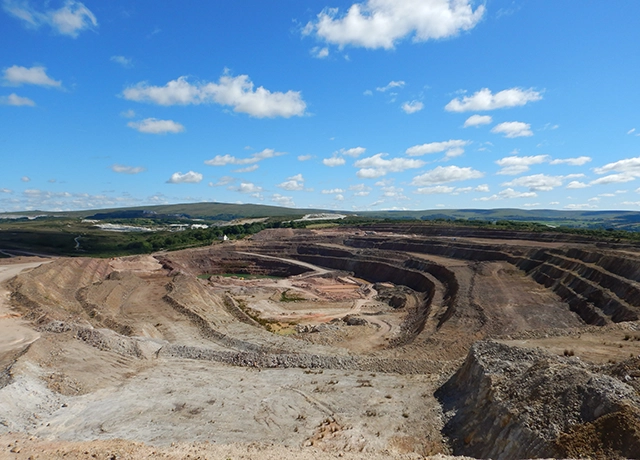
Published annually by BGS, the UK Minerals Yearbook provides comprehensive statistical data on minerals production, consumption and trade. It is of value to all those interested in Britain’s minerals industry and its contribution to the national economy.
Mineral production in the UK is back at around pre-COVID-19 levels, but there was a decline in mineral production in 2022 due to a decline in demand from the construction sector.
In the UK 185.9 million tonnes of minerals were extracted from the landmass for sale in 2022. These can be broken down into the following main categories, with percentages of total production in brackets:
- 126.4 million tonnes of crushed rock (for both construction and industrial uses) (68 per cent)
- 40.3 million tonnes of sand and gravel (21.7 per cent)
- 6.6 million tonnes of other construction minerals (3.5 per cent)
- 10.3 million tonnes industrial minerals (other than those within crushed rock) (5.5 per cent)
- 0.7 million tonnes of coal (0.4 per cent)
- 1.5 million tonnes of oil and gas (oil equivalent) (0.8 per cent)
A further 91.3 million tonnes, mostly oil and gas (oil equivalent) but also marine-dredged sand and gravel, were extracted from the UK continental shelf.
The UK Minerals Yearbook 2023 is available to view and download from the Minerals UK website.
Relative topics
Related news

AI and Earth observation: BGS visits the European Space Agency
02/07/2025
The newest artificial intelligence for earth science: how ESA and NASA are using AI to understand our planet.
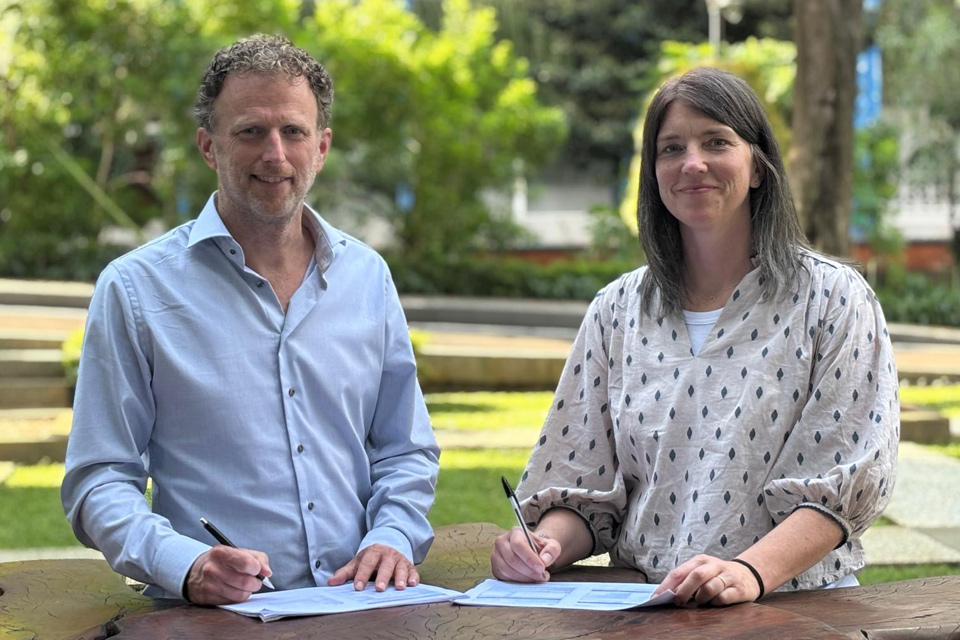
New collaboration aims to improve availability of real-time hazard impact data
19/06/2025
BGS has signed a memorandum of understanding with FloodTags to collaborate on the use of large language models to improve real-time monitoring of geological hazards and their impacts.
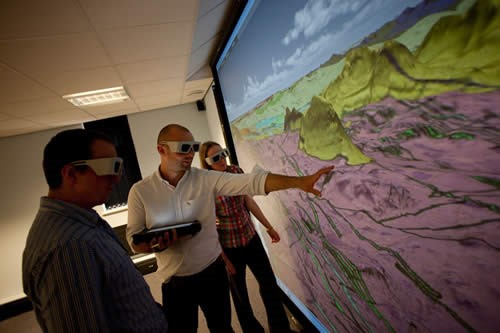
Celebrating 20 years of virtual reality innovation at BGS
08/04/2025
Twenty years after its installation, BGS Visualisation Systems lead Bruce Napier reflects on our cutting-edge virtual reality suite and looks forward to new possibilities.
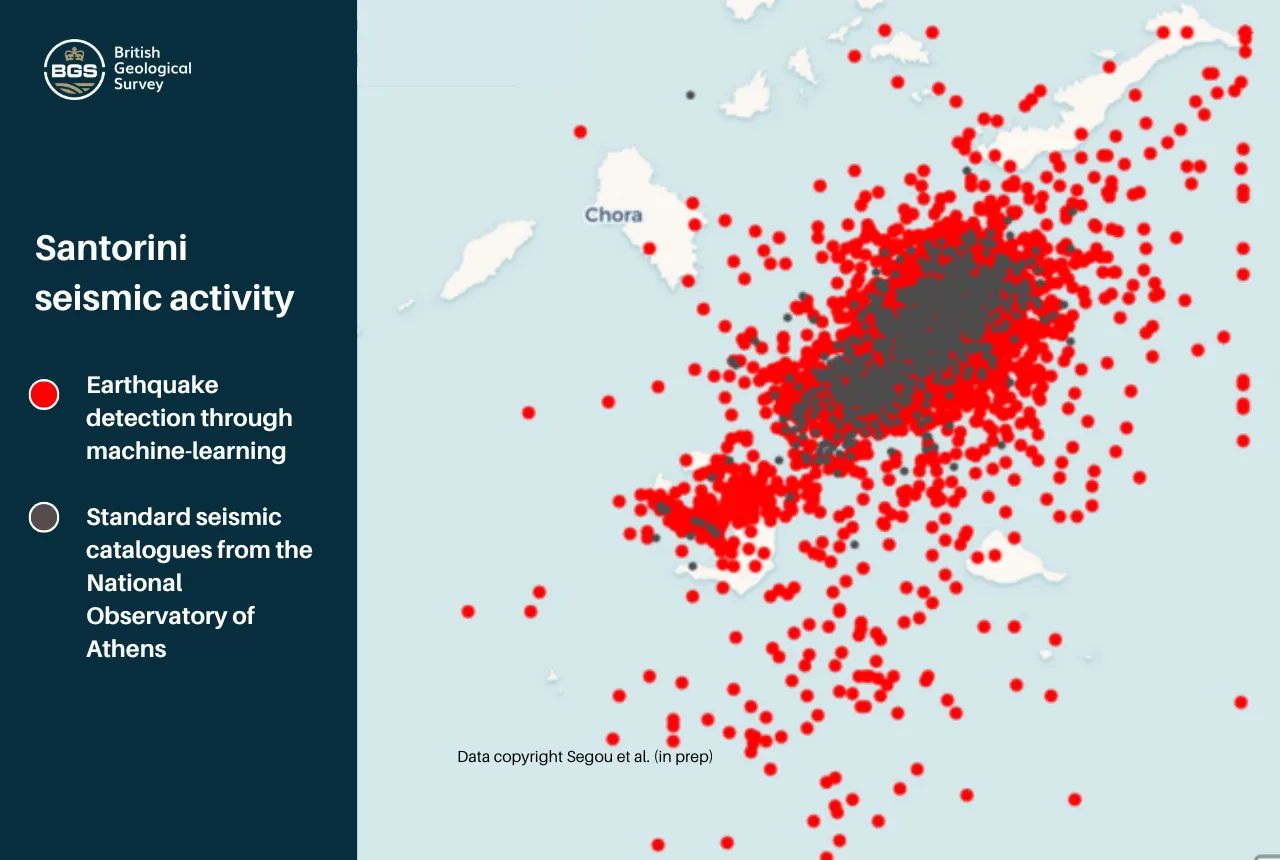
Artificial intelligence is proving a game changer in tracking the Santorini earthquake swarm
07/02/2025
Scientists are harnessing the power of machine learning to help residents and tourists by detecting thousands of seismic events.
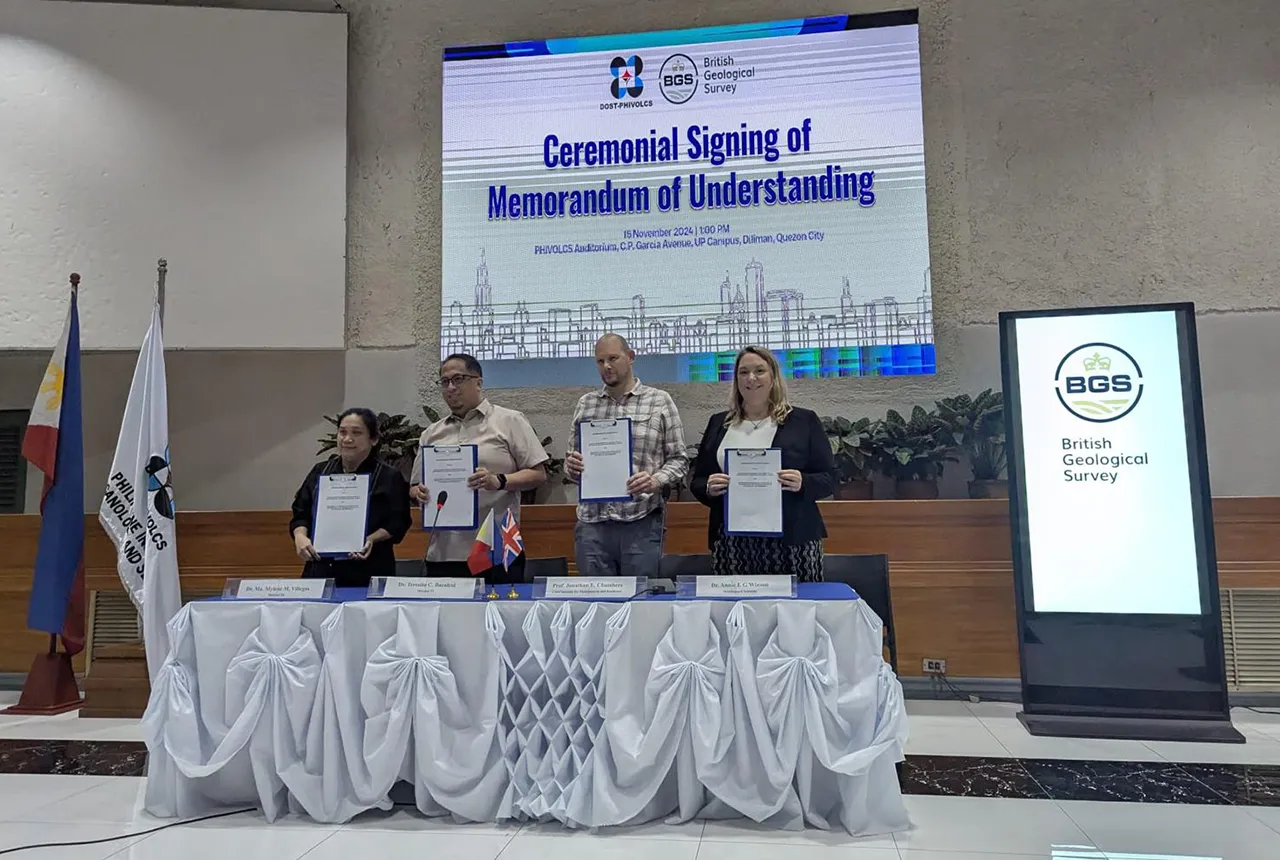
New Memorandum of Understanding paves the way for more collaborative research in the Philippines
21/01/2025
The partnership will focus on research on multi-hazard preparedness within the country.
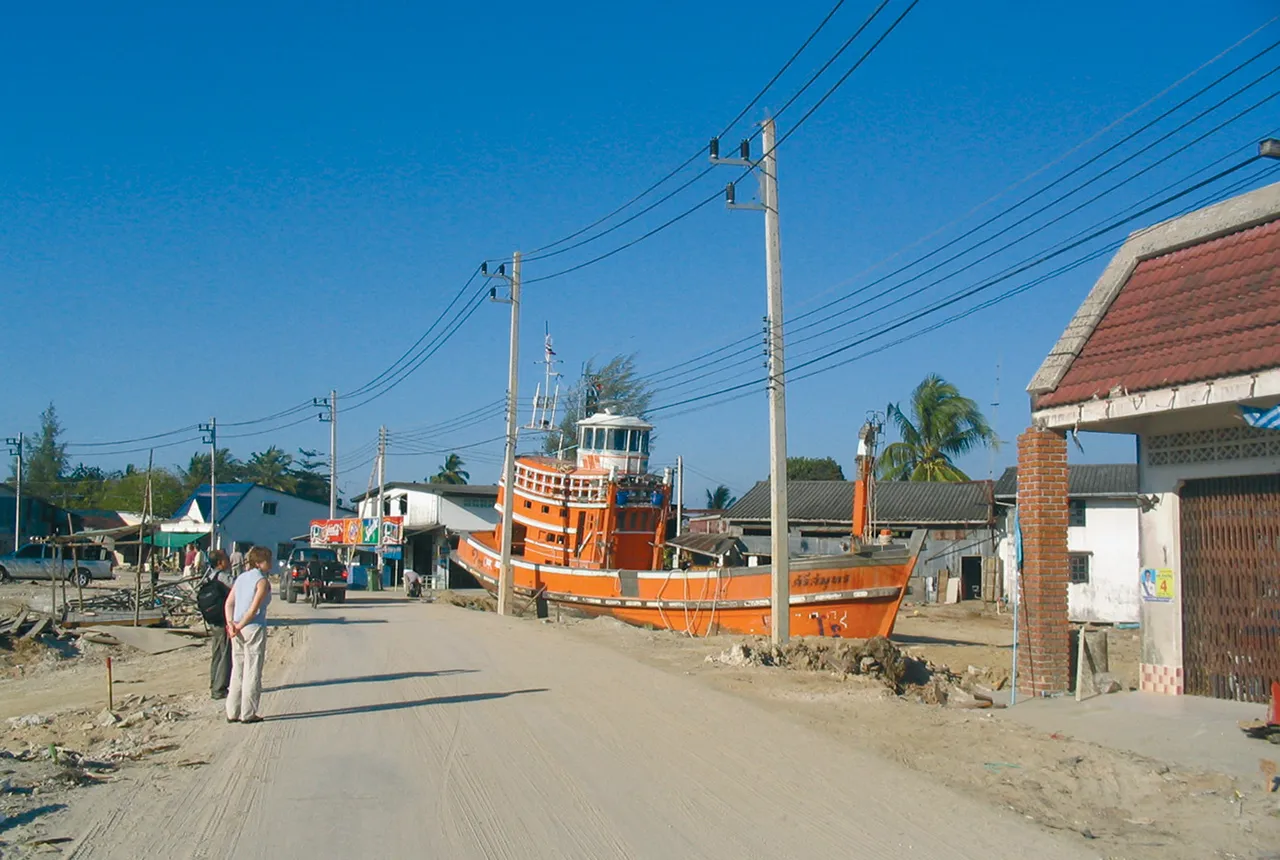
Twenty years on: the Indian Ocean earthquake and tsunami
26/12/2024
Boxing Day 2024 marks 20 years since the Indian Ocean earthquake and tsunami. Prof David Tappin reflects on the disaster and discusses what we have learnt since 2004.

Electromagnetic geophysics in Japan: a conference experience
23/10/2024
Juliane Huebert took in the fascinating sights of Beppu, Japan, while at a geophysics conference that uses electromagnetic fields to look deep into the Earth and beyond.
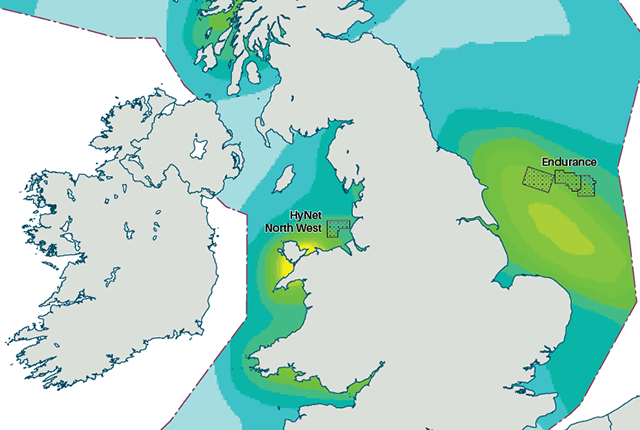
New hazard maps set to help safeguard UK offshore energy industry
12/09/2024
Essential geological model detailing seismic hazard published as the pursuit of new renewable energy infrastructure intensifies.
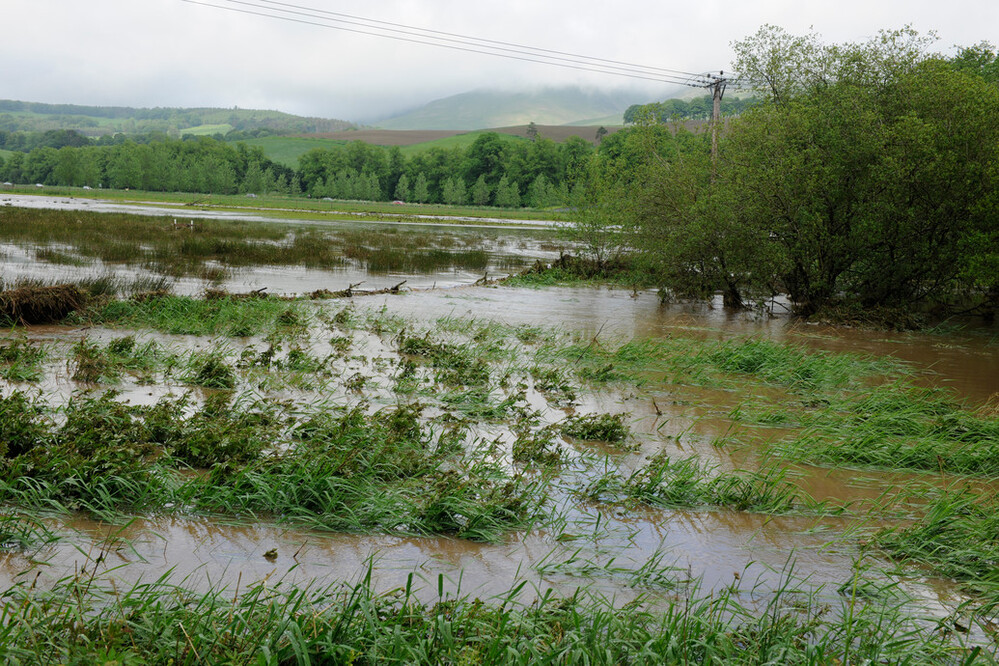
New £38 million project to reduce the impact of floods and droughts
02/09/2024
BGS will take a leading role in efforts to better predict the location and effects of extreme weather events.

New appointments to BGS Science Advisory Committee
29/08/2024
The appointments mark the latest step in the ongoing delivery of BGS’s essential geological expertise.
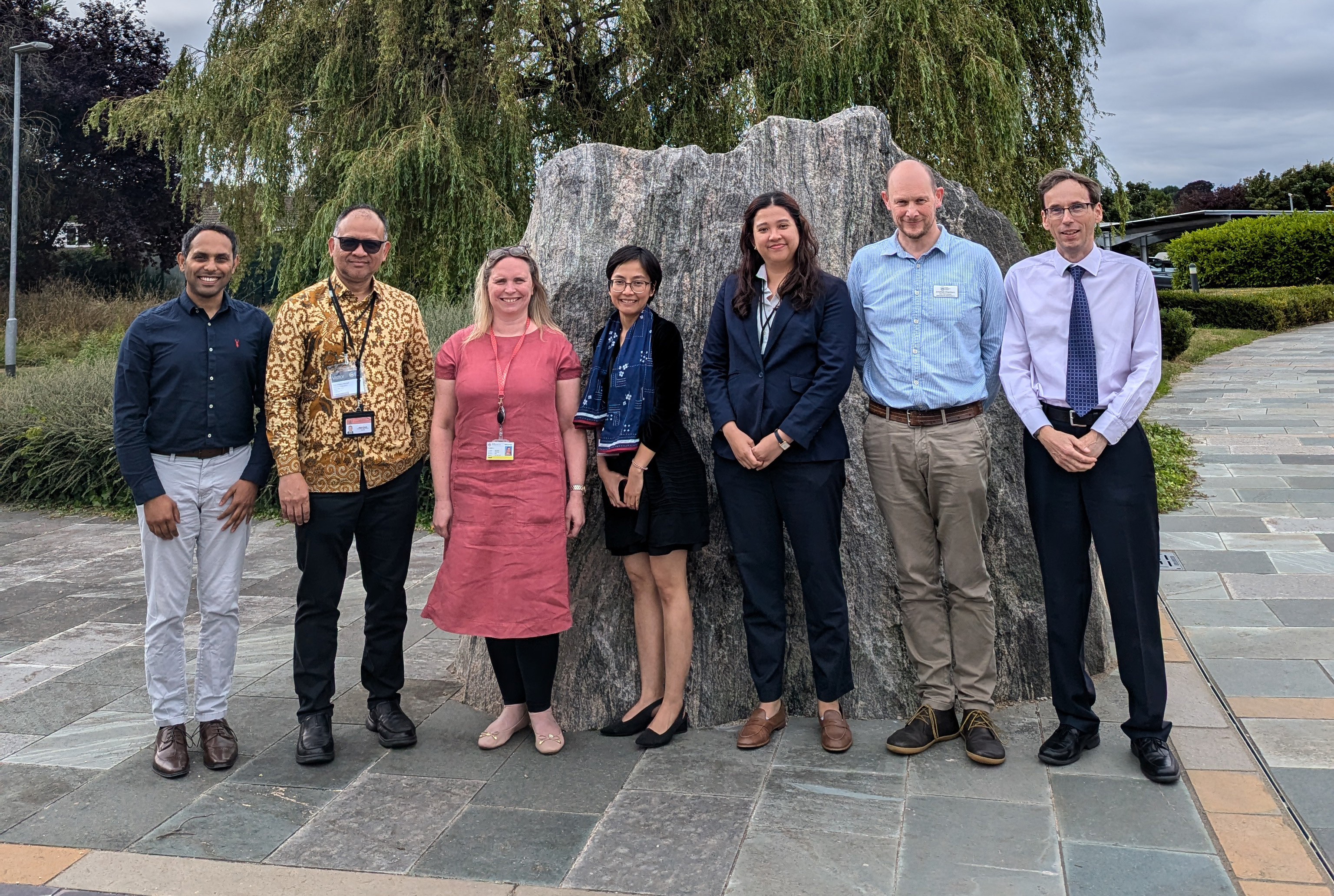
Visit by Indonesian Embassy representatives to BGS
27/08/2024
Strengthening BGS/Indonesia scientific research partnerships to address the complex challenges Indonesia faces from natural hazards and maximising opportunities from mineral resources and geothermal energy.
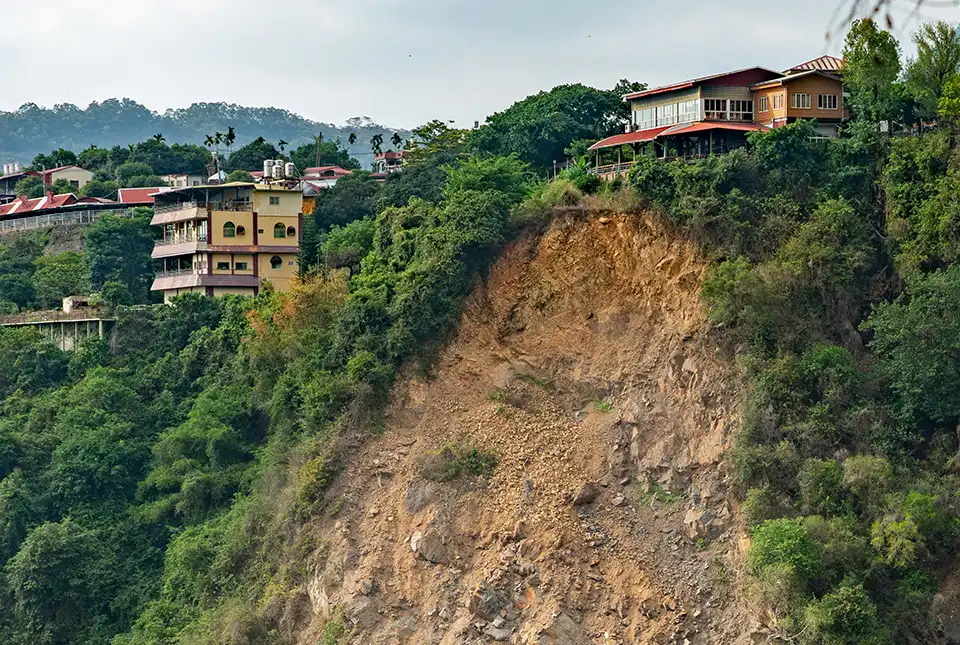
Studying multi-hazards from space
25/07/2024
A new European Space Agency-funded project will study the effect earthquakes have on occurrences of other natural hazards in the long-term.


